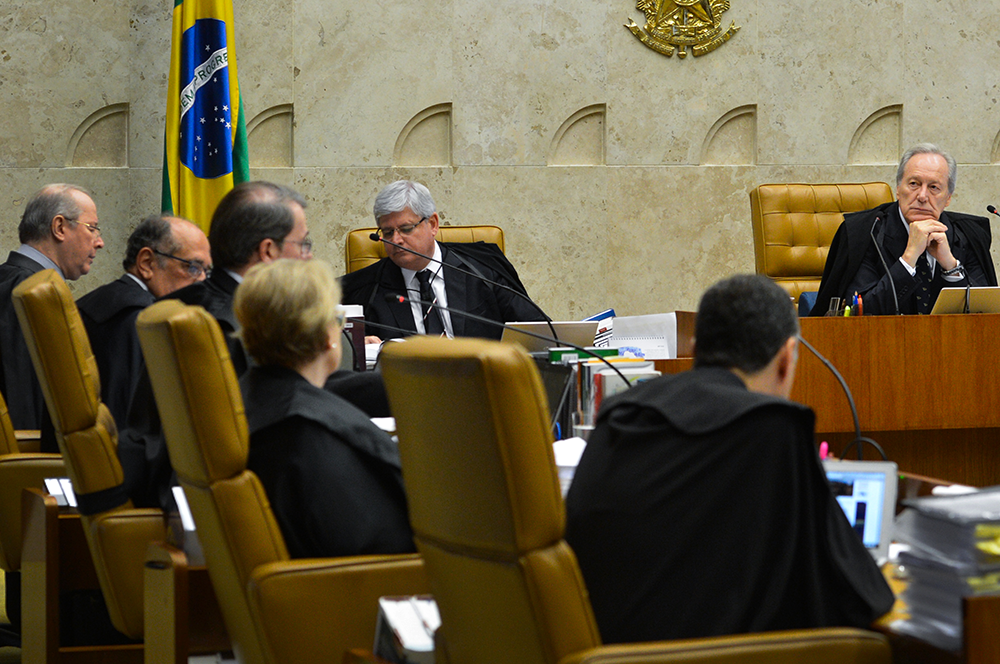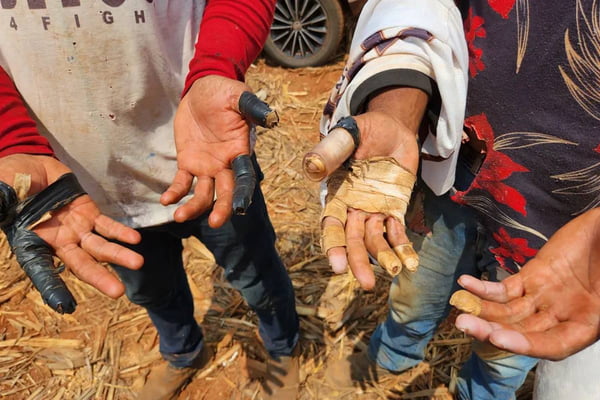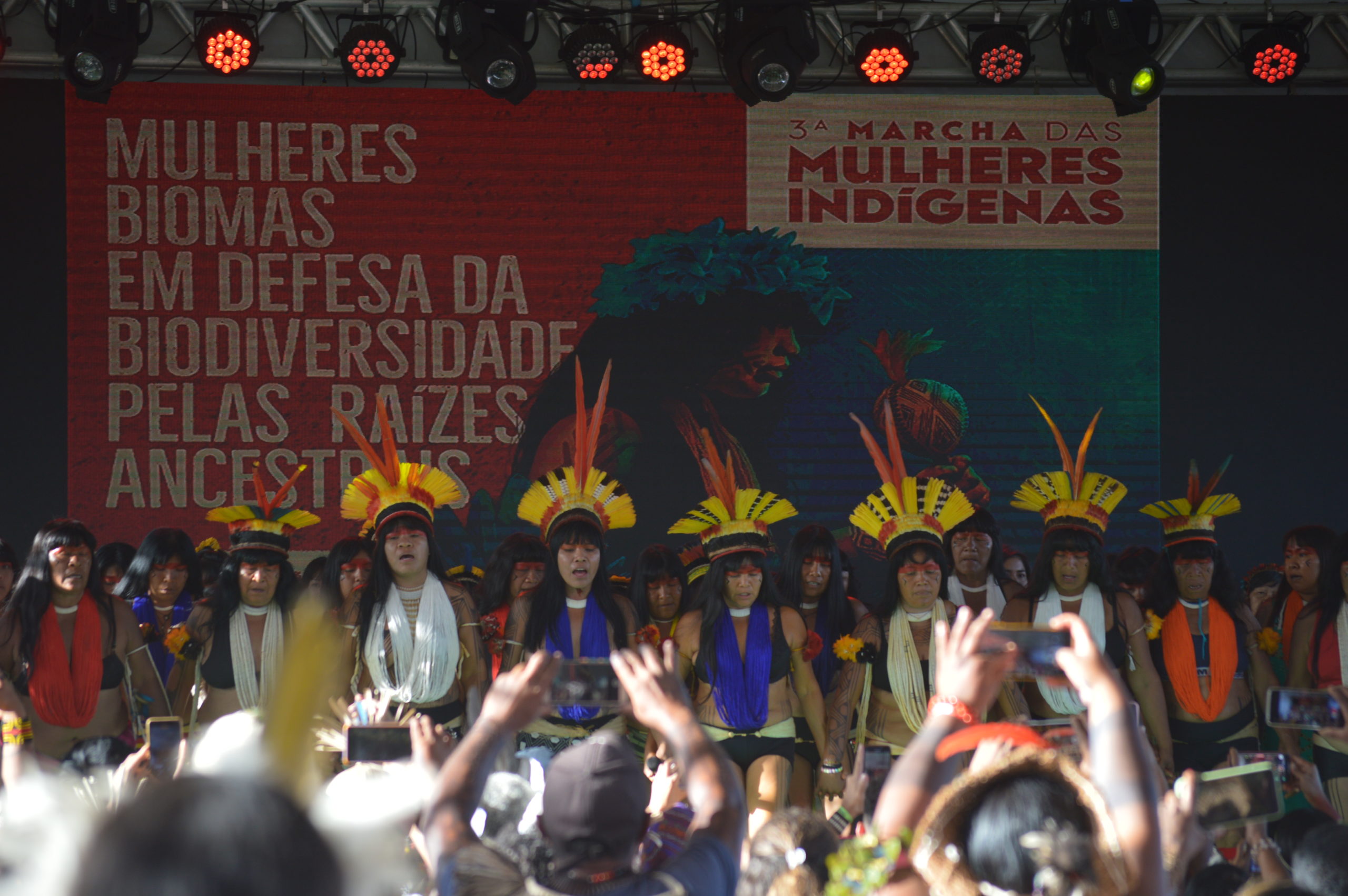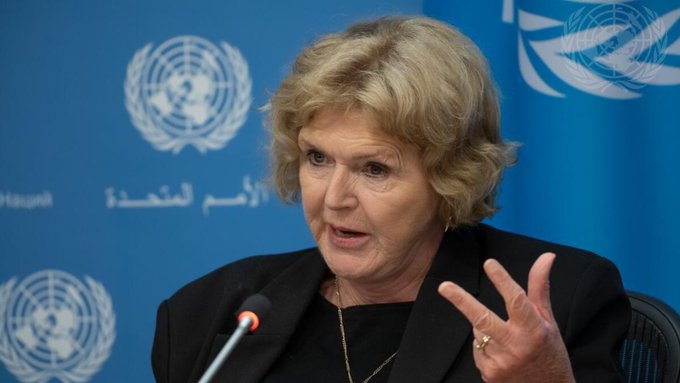Supreme Court: small-time trafficking is not a “heinous crime”
Ruling benefits thousands of first-time drug offenders

In a turnaround, the Supreme Court issued a ruling today that could benefit tens of thousands of people arrested for small-time drug trafficking, particularly women. By eight votes to three, the court justices voted to not classify “privileged trafficking” as a “heinous crime” carrying harsher penalties. Privileged trafficking is when the defendant is a first-time offender, has no criminal record and is not a member of a criminal gang.
Until now, these people have had to serve the same prison sentences as rapists and kidnappers. Now, they will have the same rights as regular prisoners. If the classification had been approved, offenders would have to spend more time in closed and semi-open prisons – which, according to human rights organizations, would be unconstitutional and have an explosive effect on prison overcrowding.
During today’s session (the third on the same case), three justices changed their votes after hearing arguments presented by human rights organizations.
Conectas, IBCCrim (Brazilian Criminal Sciences Institute), ITTC (Land, Employment and Citizenship Institute), the Igarapé Institute and the Brazilian Drug Policy Platform submitted a memorial and an amicus curiae brief to the court emphasizing the harmful effects the classification would have on the prison population, particularly women.
Edson Fachin, Teori Zavascki and Rosa Weber, who had already expressed their support for the classification, backtracked and voted with the Reporting Justice Cármen Lúcia and the other justices Roberto Barroso, Ricardo Lewandowski, Gilmar Mendes and Celso de Mello. Luiz Fux, Dias Toffoli and Marco Aurélio were the only three to support the classification.
“This is a major victory and the involvement of civil society in this case was decisive in turning the tables,” said Rafael Custódio, coordinator of the Justice program at Conectas. “We managed to demonstrate, with technical and legal arguments and data, that the classification would only aggravate the situation for the impoverished black population from poor neighborhoods, particularly women, who due to their social vulnerability end up dealing small quantities within the trafficking networks,” he added.
According to data from the Ministry of Justice from December 2014, 28% of the prison population are there for crimes related to drug trafficking. Considering only female prisoners, the rate rises to 64%.
“Today’s ruling is an important sign that Brazil can and should follow the global trend of reviewing the war on drugs policy. Incarceration has clearly failed as a strategy to deal with the problem and today we are starting to correct the distortions arising from this vision,” said Custódio.


